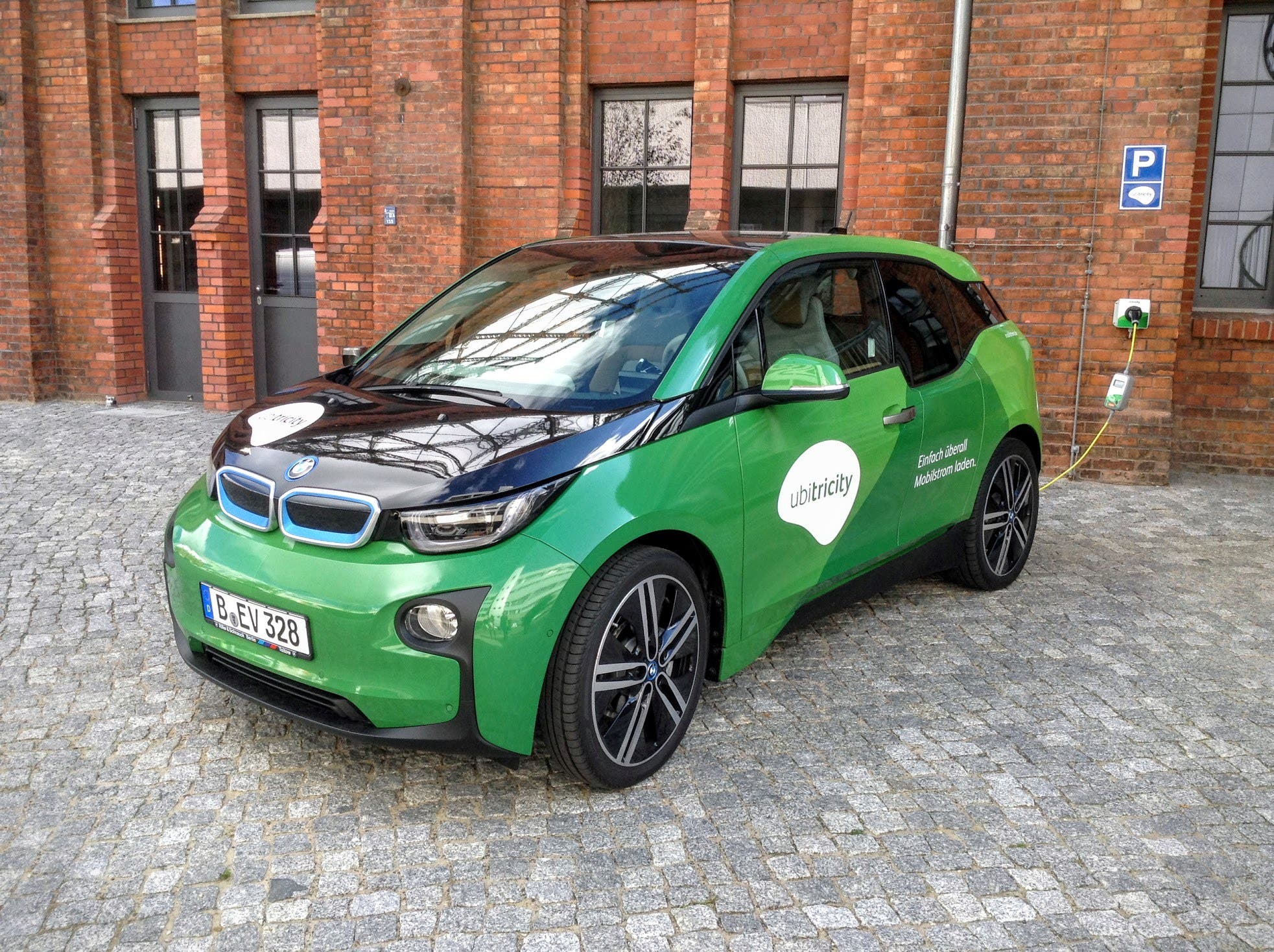Electric cars are becoming increasingly popular as people look for more sustainable and environmentally friendly ways to get around. But with so many different types of electric cars on the market, it can be hard to know which one is right for you. Here is a guide to the different types of electric cars available, so you can make an informed decision about which one is right for you. There are three main types of electric cars: battery electric vehicles (BEVs), plug-in hybrid electric vehicles (PHEVs), and fuel cell electric vehicles (FCEVs). BEVs are powered solely by electricity from batteries, which must be regularly recharged. PHEVs have both a battery and a gasoline tank, and can switch between running on electricity and gasoline. FCEVs run on hydrogen and have a fuel cell that converts the hydrogen into electricity. Each type of electric car has its own advantages and disadvantages. BEVs are the most environmentally friendly option, but their range is limited and they require regular recharging. PHEVs have a longer range and can switch between running on electricity and gasoline, but they are more expensive than BEVs. FCEVs have a longer range than BEVs and can refuel quickly, but they are currently only available in a few markets. Now that you know the different types of electric cars available, you can make an informed decision about which one is right for you.
Types Of Electric Cars Brands

There are many different types and brands of electric cars. Some of the most popular brands include Tesla, Nissan, and BMW. Electric cars are becoming increasingly popular due to their many benefits. They are much more environmentally friendly than gas cars, and they are also much cheaper to operate.
Battery electric vehicles, as the name implies, do not have any secondary sources of propulsion (e.g., internal combustion engines, hydrogen fuel cells, and so on). The vehicle is powered solely by rechargeable battery packs. The Tesla Model 3 was the most popular electric vehicle in the world for the second year in a row. The powertrain, infotainment system, and semi-autonomous driving technologies provide the best value for money among all competitors. We’ve compiled a list of the best electric vehicles that you can buy, so you can choose the EV that best suits your needs.
The Top 21 Electric Cars Of 2022
There is no doubt that the Tesla Model 3 is one of the best-selling electric vehicles of the next decade. It combines functionality with innovation at a price level that is appealing to a wide range of consumers. Tesla is the best-selling electric vehicle in the world in addition to being the best-selling model. It comes as no surprise that this car is extremely popular because it provides excellent performance and features at a reasonable price, making it accessible to a large number of people. In the United States, there are currently 21 different electric vehicle models. As a result, customers have a lot of options when it comes to choosing the perfect electric vehicle for their needs. Whether you want a high-performance vehicle or a more practical model, you can find one that meets your requirements. There is a distinct experience for each type of electric vehicle. A battery electric vehicle (BEV) is the most common type of electric vehicle on the market. The batteries in these electric cars are the longest in the industry, and they are the simplest to charge. If you want to make a significant environmental difference, plug-in hybrid electric vehicles (PHEVs) are an excellent choice. They can travel in a BEV and use gasoline for short distances while keeping the BEV’s performance high. If you need a vehicle that can travel long distances without needing to recharge, a hybrid electric vehicle ( HEV) is a good option. When compared to conventional vehicles, these electric vehicles achieve the same level of fuel efficiency while also driving like a regular vehicle. Hydrogen fuel cell vehicles (FCVs) are a type of hybrid electric vehicle that is still being developed. The vehicle does not emit any greenhouse gases, so it has the potential to be the most environmentally friendly electric car. Electric vehicles are being purchased for a variety of reasons. Electric cars are popular because they are environmentally friendly, and people who care about the environment want to make a positive impact on it. Electric cars are more expensive than traditional cars due to their higher fuel consumption. There are several electric car models that meet your requirements, regardless of whether you’re looking for an alternative to gasoline or a hybrid vehicle.
Electric Vehicles

Electric vehicles are vehicles that are powered by electricity from batteries or fuel cells. They are becoming increasingly popular due to their many benefits over traditional gasoline-powered vehicles. Electric vehicles emit no pollutants, and they are much more efficient than gasoline vehicles, meaning they use less energy and produce less greenhouse gas emissions. Electric vehicles are also much quieter than gasoline vehicles, and they require less maintenance.
Hybrid Electric Vehicles
A hybrid electric vehicle (HEV) is a type of hybrid vehicle that combines a conventional internal combustion engine (ICE) system with an electric propulsion system (hybrid vehicle drivetrain). The electric powertrain is used to improve fuel economy by recovering energy that would otherwise be wasted, and it can also improve performance by providing extra torque when needed.
A heAV is powered by an internal combustion engine that is combined with an electric motor. HEVs achieve the same levels of fuel economy as conventional vehicles and emit less tailpipe emissions than conventional vehicles. You can compare HEV and non- hybrid models side by side with the tool “Can a hybrid save me money?” on FuelEconomy.gov. HEVs are classified as mild, full, or series hybrids depending on the model. In mild hybrids, a battery and electric motor provide power to the vehicle, allowing it to shut down at a moment’s notice. Full hybrids are powered by larger batteries and more powerful electric motors.
The Pros And Cons Of Hybrid Vehicles
A mild hybrid (MH) is a hybrid that uses both a combustion engine and an electric motor. However, when the vehicle is in Drive or Low Mode, the electric motor is only used for power. Only gasoline will be used in these conditions. The Mild Hybrid, on the other hand, can achieve better fuel economy than a full hybrid, but only when you are not driving an electric motor.
The most advanced type of hybrid vehicle is a plug-in hybrid (PHEV). They are powered by a combination of an electric motor and a gasoline engine. An electric motor powers the vehicle when it is in Drive or Low range, and a gasoline engine powers the vehicle when it is in High or Low range, depending on the task it is performing.
There are two types of plug-in hybrids: battery electric vehicles (BEVs) and fuel cell electric vehicles (FCEVs). In an electric vehicle, there is an electric motor that powers the battery. As a result, the battery in the vehicle must be recharged when it is plugged in. There is no need to store batteries in a fuel cell electric vehicle (FCEV). In this case, the gas engine and electric motor are separated. Hydrogen or gasoline are both viable options for the FCEV.
There are a few advantages and disadvantages to owning a hybrid vehicle. One advantage of the gasoline-powered vehicles is that they consume less fuel per mile than electric vehicles. A battery-powered vehicle has a longer range than an electric vehicle, but it takes more time to charge.